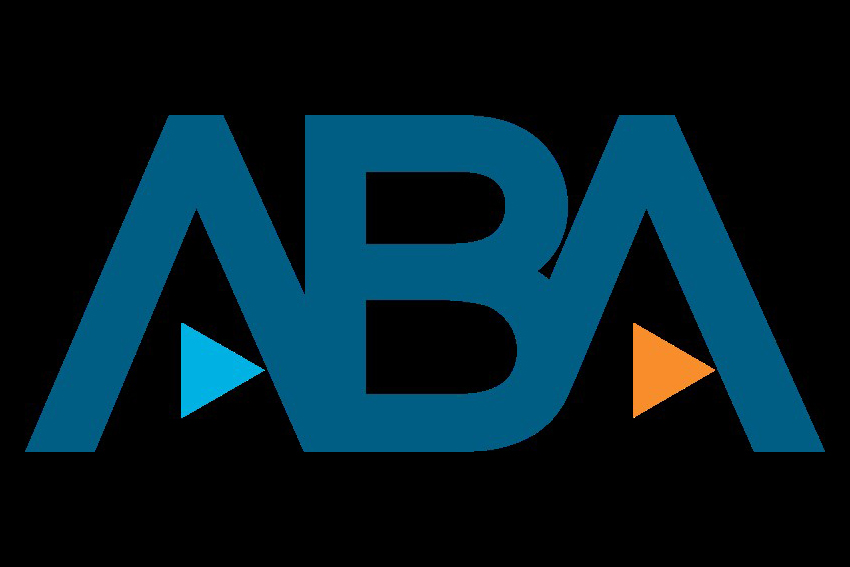Content Marketing: How law firms can use generative AI to create educational and marketing content
Content Marketing: How law firms can use generative AI to create educational and marketing content
By Edith Reinhardt
Everyone has heard of ChatGPT, Copilot and other generative artificial intelligence tools that can create content for virtually any purpose. Among lawyers, most of the attention has been focused on the use of AI in legal research and writing in the context of representing clients. However, these tools can also be deployed to efficiently produce educational and marketing content. If law firms exercise the requisite caution to avoid potential drawbacks of AI, the tools can be helpful for content creation, rather than as a replacement for human writers.
Getting started
Finding success with AI starts with asking the right questions. A ‘prompt’ is a question or request a person gives to the AI tool. An effective prompt is one that uses clear specific language and provides the necessary background information to the AI tool to generate a useful response. This takes practice. Often, a series of prompts is needed, each one building on the tool’s answers to previous ones to achieve increasingly better results.
Beneficial uses of AI
Assuming good prompts are used, the next step is to use AI for the right purposes. Generative AI tools are particularly helpful with certain types of tasks, including:
- Brainstorming topics. ChatGPT and others can suggest topics for articles and speaking engagements and/or provide feedback on an attorney’s ideas.
- Conducting market and client research. Attorneys can get help with researching, analyzing and summarizing information about clients, competitors, and trends in order to create more relevant content for their audience.
- Performing legal research. Lexis, Westlaw, Bloomberg and other companies have incorporated AI into their research tools to aid in content creation.
- Starting a rough draft and/or outline. An AI-prepared draft can provide a starting point but should not be used as a finished product because of the problems with AI discussed below.
- Editing/refining content. An AI editor can recommend changes to the substance, tone, or style of a piece, proofread and check grammar and otherwise help polish the material.
- Suggesting titles, headings or email subject lines. AI tools can provide initial suggestions or revise existing ideas to make them more compelling and help attract readers.
- Repurposing content. Existing content can be revised by AI tools for different audiences (lawyers, nonlawyers, different industries), marketing platforms (social media, email, website) and formats (text, video, graphics).
- Improving search engine optimization (SEO). Content can be reorganized and edited to make it more SEO-friendly.
- Creating visual content. Some AI tools can help develop and/or edit video, images, graphics, and charts to complement and give more impact to text.
- Analyzing marketing results. AI can be used to identify user behavior patterns and provide insights that can improve both the content and how it is promoted.
Risks of using AI
While AI can be useful, it also has substantial limitations, such as:
- Difficulty in formulating prompts. As mentioned above, it isn’t easy to develop a prompt that efficiently provides the desired answer.
- Accuracy. There have been well-publicized examples of AI “hallucinating” or providing incorrect information that sounds real, including the citing of nonexistent legal precedents and other source materials. Information may also not be current. Accordingly, all results must be carefully reviewed and checked.
- Bias. Data used by AI tools can be biased, incomplete, or unrepresentative, making results untrustworthy. Stereotypical examples and language may also be used in the content.
- Lack of understanding. Legal concepts can be confusing and require nuance and context that the software cannot comprehend. Since common sense and reasoning ability are limited, useless results may be generated.
- Generic writing. Text written using AI is often stilted and repetitive and follows a basic pattern that can be easy to identify. Personality, creativity, emotion, and storytelling are often lacking. As a result, the content isn’t likely to resonate with its intended audience.
- Ethical concerns. Attorneys have an ethical obligation to understand technology as well as to verify the accuracy of their work product. Several lawyers have been sanctioned across the country for submitting documents to courts that contained false information generated by AI. Confidentiality is also a concern if attorneys are entering sensitive information into the AI tool that may be shared with third parties or left unprotected against hackers.
- Plagiarism/intellectual property issues. AI tools are trained on data that contains copyrighted material. Thus, there may be unintentional plagiarism.
- Transparency. Lawyers should consider disclosing to clients that they intend to use AI in the representation as required by their local ethics rules. Internal policies should also be adopted to ensure that employees using AI in their work discloses it to the appropriate partner.
- Time and skill needed. Even a good result will need to be rewritten. In some cases, it may be more time-consuming to vet and revise content than if written from scratch, particularly if an attorney has not been trained to use an AI tool effectively and understand its limitations.
With new AI tools being developed every day, the opportunities and risks will only increase. When used the right way, generative AI has the potential to save time and effort. That savings can then be put toward producing a more consistent, high-quality stream of content that can help attorneys further build their reputation and attract and retain more clients.
Edie Reinhardt, Esq. is principal of RDT Content Marketing, which specializes in helping attorneys showcase their expertise and target their marketing to attract more clients. She can be reached at [email protected]

Edie Reinhardt, Esq. is principal of RDT Content Marketing, which specializes in helping attorneys showcase their expertise and target their marketing to attract more clients. She can be reached at [email protected]
Share this story, choose a platform
Brought to you by BridgeTower Media
Free Weekly Newsletter
Recommended content
Legal Ethics: New ABA opinion seeks to clarify lawyers’ duties when they withdraw from cases
Legal Ethics: New ABA opinion seeks to clarify lawyers’ duties when they withdraw from cases By Jim Doppke In my [...]
Young lawyers need better AI verification abilities, study shows
The survey also found concern over the legal reasoning and argumentation skills of newer lawyers. Read more @ artificiallawyer.com
Who should you promote within your law firm?
The best candidates are usually not those asking for promotion. Rather, they have earned consideration through stellar work and loyalty. [...]
Walking in your clients’ shoes
Learning to empathize with clients – as challenging as that sometimes is – can mean the difference between a successful [...]






